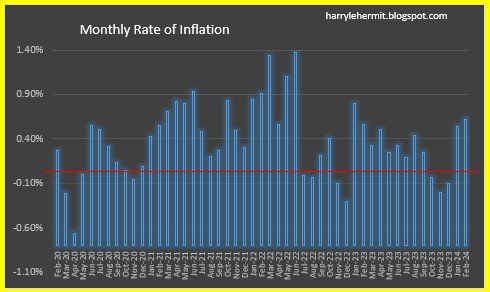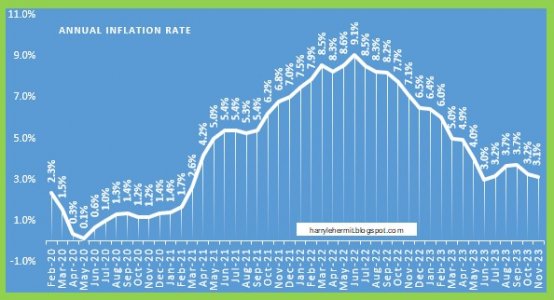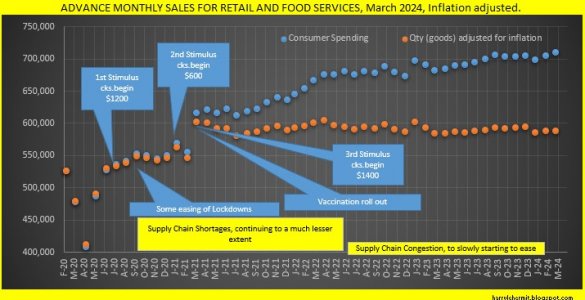How much credit card debt do Americans have?
Americans’ total credit card balance is $1.129 trillion in the fourth quarter of 2023, according to the latest consumer debt data from the Federal Reserve Bank of New York. That’s up from a record $1.079 trillion in the third quarter of 2023, leaving the balance the highest since the New York Fed began tracking in 1999.
This marks the third consecutive quarter in which Americans’ credit card balances topped $1 trillion, which had never happened before the second quarter of 2023. It also continues a trend of fourth-quarter credit card debt increases. Since this quarterly report began in 1999, credit card debt has fallen during the fourth quarter of a year just twice — in 2009 and 2010 as the nation wrestled with the impact of the Great Recession.
With this latest increase, credit card balances have risen by $273 billion since the fourth quarter of 2021. Americans’ credit card debt is $202 billion higher than the record set in the fourth quarter of 2019, when balances stood at $927 billion. However, thanks to record interest rates, stubborn inflation and myriad other economic factors, credit card balances are likely only going to climb, at least in the near future.
These record balances are light years above the $478 billion seen more than 20 years ago in the first quarter of 1999.
2024 Credit Card Debt Statistics | LendingTree
Maybe credit card spending is thought to be the key to getting into appearing to be in the league.




